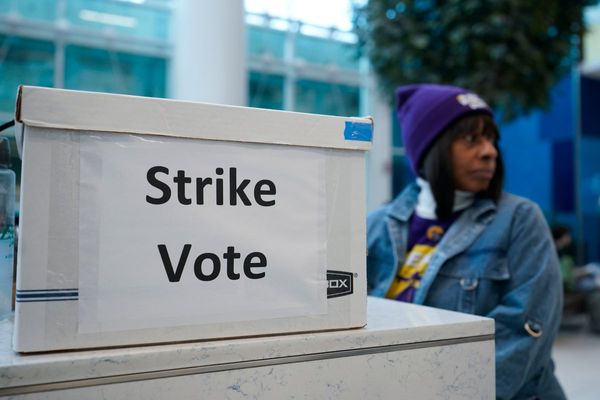
Right now, a centuries-long debate about how we frame international relations — about how we expect (or should expect) states to act — is being fought out in the cities of Ukraine, over and over again with every rocket thrown at the carapace of international law and financial sanctions.
When we’re confronted with complex systems like global relations, we all, inevitably, look around, eager for a shortcut. That shortcut? We see what we believe. Or as social media would have it, we default to our priors.
Once you know the code, you can pigeonhole those commentators you hear or read (including here on Crikey). But, it’s a default with real-world consequences. It can deliver a too-easy explanation. And from explanation it’s a short step to normalisation. And from normalisation, a not much longer step to justification.
It’s long been fought out between two sides: the hard rationalism of the realist school versus the proponents of the stabilising interdependence of a liberal world order. Centuries long? Millennia long, more likely, dating back to the strutting claim of the Athenians in Thucydides’ infamous Melian dialogues: “The strong do what they can and the weak suffer what they must.”
(History repeats: Twitter stood in for Thucydides yesterday in reporting similar threats by Russian invaders to the villagers of Konotop in north-east Ukraine.)
Sure, there’s a touch of caricature here — the realism-liberalism divide is fuzzy at the edges, and most academics have the luxury of picking up bits and pieces from either side as circumstances dictate. But it’s a caricature that clarifies more than it obscures.
Realists argue that international relations are all zero-sum conflict all the time, in a lawless war of all against all. That’s why large nations (say, Russia) rationally seek to control their surrounding region (say, Ukraine) in an otherwise anarchic international set-up. Their small neighbours need to go along to get along and should expect to get punished if they don’t.
Liberal internationalists say that’s just not the way the world works — or doesn’t work anymore. Co-operation under international law (through the UN and associated agencies) and economic inter-dependency (aka globalism) lifts all boats. Smart nations large and small prioritise global and cross-border integration over regional hegemony or spheres of influence.
In Australia, the debate cuts across politics (although realism maps right and liberalism left). As in most democracies, defence and security agencies lean towards the realist (how else will you get all that money for tanks and subs) while foreign affairs leans towards the diplomacy of the liberal order.
In media, the (largely white, male) commentariat embedded in the security of home office leans to the comfortable machismo of realism, with a shrugging “big fish eat little fish — what you gonna do?” complacency. Journalists in the field confronted with the ugly reality of violence lean to the shelter of international law.
Back stories
It’s not Ukraine’s first go around the realist-liberal rodeo. The 2014 Maidan revolt (and subsequent occupation of Crimea and war in Donbas) kicked off a heated debate in the pages of Foreign Affairs, the house journal of the US foreign affairs establishment (aka the Blob) in articles that could have been written two weeks — or two decades — ago.
First out of the blocks was the high priest of the realist school, Chicago University’s John Mearsheimer, with a provocatively titled ‘Why the Ukraine Crisis is the West’s Fault‘. His conclusion: it was the provocation of NATO moving east. The liberal counter-establishment struck back with Faulty Powers from the Clinton- and Obama-era ambassadors Stephen Sestanovich and Michael McFaul. “Irrational and dangerous” realpolitik, replied McFaul.
Now, the debate is being shattered with a new paradigm. As Anne Applebaum wrote in The Atlantic this week: “History has accelerated; the impossible has become possible.” Skewering the realists, she wrote, “nations are not pieces in a game of Risk. They do not, as some academics have long imagined, have eternal interests or permanent geopolitical orientations, fixed motivations or predictable goals.”
But nor are they simply links in a chain, made stronger when joined, as the liberals would have it. Increasingly, we understand that states are conglomerations of people, just one of the many ways people gather to create imagined communities that meet their needs and reflect their values.
Ukraine — like the past half century of democratic struggle — tells us something new, something exciting: people now demand they be aggregated not by force but by moral values that transcend state borders.
By rallying these values — democracy, human rights, embrace of diversity — and fusing them with raw physical courage to the sovereignty of Ukraine, President Volodymyr Zelenskyy and the Ukrainian resistance have lifted Ukraine out of the frames of both the realist land grab and the dry texts of international law.
By insisting we understand that international relations are no longer relations of states but of peoples and of values, they are forcing us to hurry past the old historical paradigms into a re-making of the world.
Personally, I can’t wait.







